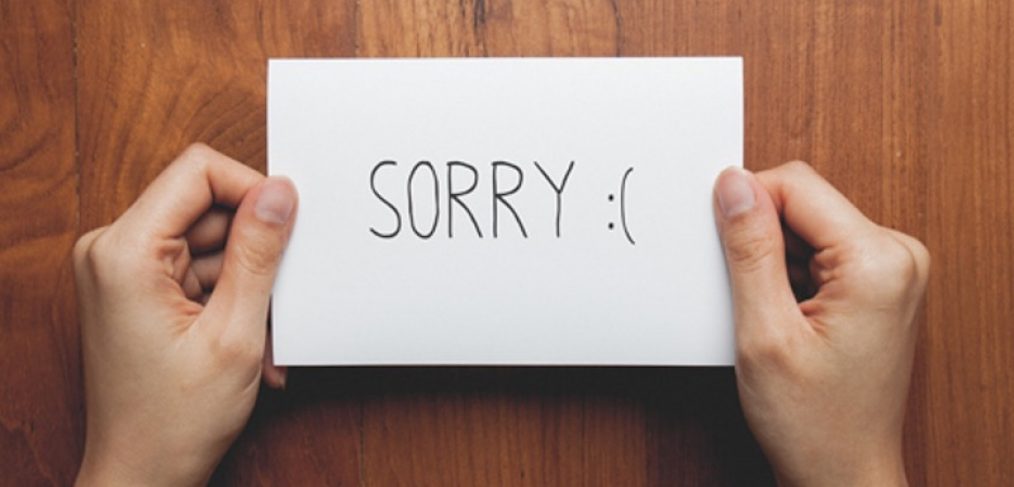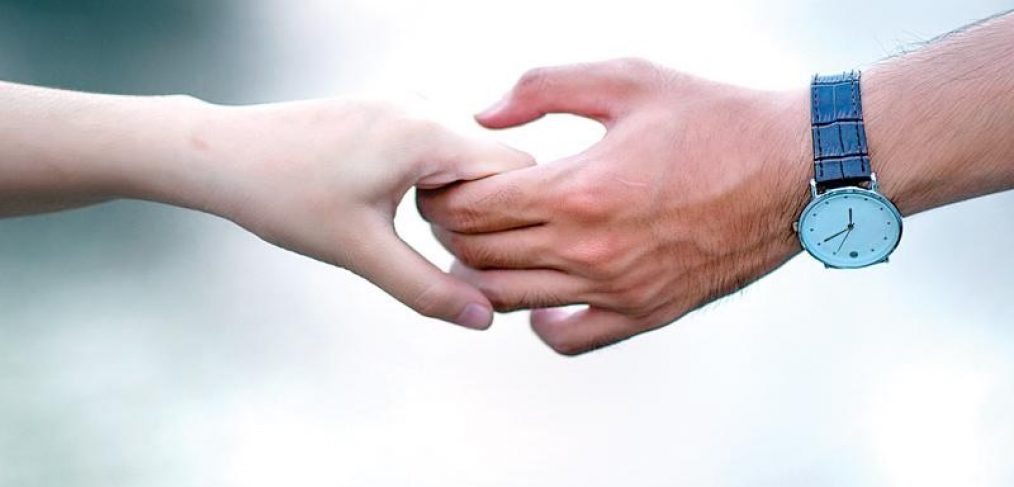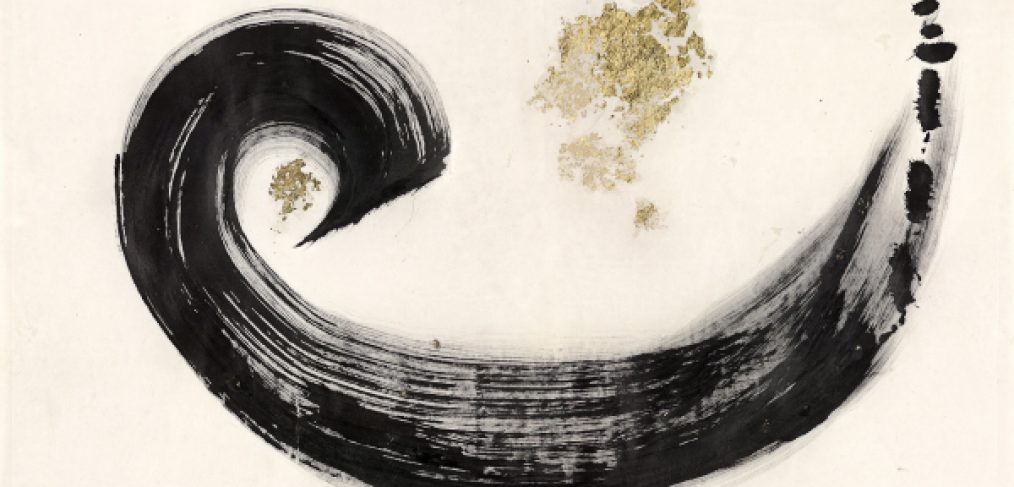Yom Kippur Morning Sermon
Temple B’nai Tikvah
5780/2019
Rabbi Mark Glickman
Today, on this holy occasion, and in this holy place, I’d like for us to spend some time thinking about Jerry Springer.
For those of you not blessed to be acquainted with this man’s oeuvre, from 1991 to 2018, Jerry Springer was the host of a syndicated tabloid talk show on TV, featuring episodes with such memorable titles as “I Faked My Pregnancy,” “Out of Control Catfights,” “Twin Brother Betrayal,” and about 4,000 others that would be inappropriate for me to mention from the bimah.
Jerry Springer will long be known and remembered for his TV show, but that’s not all he was ever known for. He was born in England in 1944 to two Holocaust refugees, and at the age of four, he moved to the United States. He grew up in New York, went to Law School at Northwestern University, and as a young man, he worked as a political advisor to Robert Kennedy. After Kennedy was assassinated, he moved to Cincinnati, Ohio, where he began working as a lawyer. Soon, Jerry Springer got involved in politics, and in 1971, he was elected to the Cincinnati City Council. His career went well until, in 1974, Springer chose to spend some time with a woman he shouldn’t have spent any time with…and he paid her with a check. (Watch 1981 Jerry Springer Mayor of Cincinnati Interview.)
He got caught, he publicly confessed to what he had done, he apologized, he resigned from the city council, and by all accounts, his political career was over.
Except, it wasn’t. Because then a remarkable thing happened. Springer kept on talking about his misstep. He fully was open about it; he acknowledged that what he had done was wrong, and he owned up to the pain he had caused. The following year, in 1975, he ran for election to reclaim his council seat, and he won. And then, two years after that, Jerry Springer became the mayor of Cincinnati. Politics are usually complicated of course, and there were many factors that contributed to Springer’s comeback. But at some profound level, his redemption was rooted in the fact that the Cincinnati community appreciated Jerry Springer’s honesty and what was, by all accounts, the sincerity of his apology. By the time I moved to Cincinnati for rabbinical school in the mid-80s, Jerry Springer was doing a nightly news commentary – liberally minded, thoughtful, and a far cry from his later TV show.
Say what you will about his dumb and often offensive TV show, the political biography of Jerry Springer in the 70s and 80s is, at least in part, the story of the power of genuine apology. And genuine apology is particularly important these days because there’s so little of it. Some people try to apologize – at least ostensibly – but so often their attempts to apologize are, shall we say, sorry affairs.
A famous actress explains a racist tweet by saying she posted it because she was on Ambien at the time. A major Hollywood producer responds to hundreds of harassment charges with “I so respect all women and regret what happened.” One of the most powerful leaders in the world brags of assaulting women, and, when called to task, says, “I’m not proud of it, but this is locker room talk.” The list of half-hearted, disingenuous statements passed off as apologies could keep us here all day.
Part of the problem with apologies is that the English language doesn’t always serve us very well here. In English, you see, the term “I’m sorry,” can mean one of at least two things – it can refer to regret, or apology. If, for example, I were to say, “I’m sorry your grandmother died,” I probably wouldn’t have intended that statement to be an apology for your grandmother’s death (unless I killed her, I suppose) – no, it would have been a statement of regret. It means that I’m unhappy that grandma died, that I feel for you, that my heart is with you. It’s a statement of sympathy rather than apology. And conversely, if I were to say “I’m sorry for bashing up your car,” that’s a statement of apology. It’s not that I sympathize with you because your car is damaged. No, here, I’m owning up to my own responsibility for the harm I inflicted on you.
This duality of meaning – the fact that “I’m sorry” can mean either “I sympathize” or “I apologize” – provides a huge opportunity for people who want to weasel out of genuine apology. For someone who has done something wrong, and who wants people to think that they’re truly repentant when they’re actually not, this is pure gold. It allows them to make a statement of regret and dress it up to look like a heartfelt apology.
They say, “I’m sorry if I insulted you,” which might sound like an apology, but it really says “It’s too bad that you’re so thin-skinned as to be hurt by my innocuous comment.” They say, “I’m sorry, but when you said you like disco, I couldn’t help but call you an idiot,” when they really mean, “Don’t blame me – you’re the one who likes disco.” They say, “I’m sorry you were hurt when I said that dress looked a little tight,” when they really mean “My, my…we’re getting a little sensitive about our weight, aren’t we?”
Let’s be clear, the world “if” has no place in apologies. When someone says, “I’m sorry if…,” then they’ve made their statement conditional, and subtly put the blame of the conflict on you. Chances are that it’s not a sincere apology. Similarly, the word “but” rarely belongs in apologies, either. When a person says “I’m sorry, but…” then they’re probably trying to excuse their behavior, and chances are that it’s not a sincere apology. The same is the case with the word “you.” When someone says, “I’m sorry you…” then in all likelihood, they’re passing the blame for what they did from them to you, and chances are that it’s not a sincere apology.
There are a lot of bad apologies out there, but what makes for a good apology? Well, rabbis throughout the ages have struggled with this question, and they’ve taught us a great deal of insight and wisdom as to how to say I’m sorry in a way that really counts. I’ve studied these lists, and I’ve been able to distill much of their teaching down to three requirements – three traits that an apology must have if it’s to be a good one. Conveniently, each of them begins with an R.
The first R that a good apology demands is responsibility – you have to take responsibility for what it is that you did wrong. You have to not only own up to the fact that you fell short, but you also need to acknowledge exactly what it is that you did. That’s why every good apology needs to begin with the apologizer saying something to the effect of “I’m sorry that I _____.” Not “I’m sorry if…”; not “I’m sorry but…”; not “I’m sorry you…,” but “I’m sorry that I…” and then fill in the blank. In other words, you need to own up to your own responsibility for your misdeed. You need to be concrete about what you did wrong, you need to be specific, and you need do so without making any excuses.
Don’t say, “I’m sorry if what I said about that dress making you look fat hurt you.” Say instead, “I’m sorry I made that comment. It was insensitive and wrong, and I shouldn’t have said it.” Don’t say, “I’m sorry I betrayed your confidence, but I just got a little carried away.” Say instead, “I’m sorry I betrayed your confidence. Period. You trusted me, and I should have honored your trust.” Don’t say, “I’m sorry you were offended at my off-color joke.” Say instead, “I’m sorry I told an inappropriate joke.”
Own up specifically to your misdeeds, and your apologies can really count.
At this time of year on social media, I see a lot of posts – sometimes even from rabbinic colleagues of mine – saying things like “To anyone I’ve knowingly or unknowingly wronged during the past year, I apologize.” Let me be clear – I’m not going to say that or anything like it to you. Instead what I’ll say is this: “If I’ve done anything hurtful to you during the past year – or even before that, I suppose – please tell me about it. It might be that you misinterpreted something I did, or that we had some sort of a communication glitch, or that you’re simply being a ridiculous kvetcher, in which case you’re not going to get any kind of an apology from me at all. But it could be that I really did do something wrong, and in that case, I’ll do everything I can to offer you the genuine apology that you deserve. But I can’t apologize for something I don’t know I did, and for me to offer you a blanket apology for something I might have done, without acknowledging the specific wrongdoing for which I’m offering it would be worthless and meaningless.”
Apologies need to take responsibility for specific wrongdoings, and they need to do so without excuses.
The second R of a good apology is recognition – recognition of the harm that your misdeed caused. What’s wrong with responding to the release of recordings in which you brag of assaulting women by saying “I’m sorry, it was just locker room talk”? Yes, at one level you apologized, I suppose, but the way you did so was dismissive of the harm that your behavior caused. The fact is that countless women have been victimized by such groping and unwelcome advances, and that each such act has a way of creating horrible pain, some of it irreparable. To apologize for such acts – to really apologize – demands that you recognize and acknowledge this harm. You need to give voice to it, to show that you understand the depth of the injury you caused. And to refrain from doing so is to invalidate your apology.
Imagine a person saying, “Yes, it was me who pushed your husband off the bridge into the raging waters below. [Shrug] Sorry.” Or “By the way, honey, I’ve been having an affair with your best friend for the past two years, and I apologize. Wanna out to dinner?” Or “Yes, I’ll admit it, I embezzled the money and persuaded the boss it was you. Now can we be done with this?” None of those apologies works, because apology demands empathy. It demands that we show ourselves to be sensitive, and aware of the damage our misdeeds do. Only when accompanied by such a recognition can our apology work.
Finally comes the third R of a genuine apology – restitution. Once you’ve owned up to your responsibility for what you’ve done, and once you’ve shown that you recognized the harm you’ve caused, then you need to offer to make the victim of your misdeed whole again – you need to compensate them for the damage. Sometimes, such compensation is easy. If I spill wine on your clothes, I need to get those garments cleaned or replace them. If I drive my car into your garage door, I need to get the door fixed. If I sell you a faulty object, I need to replace it.
But of course, sometimes it’s not so easy. What if I break a confidence with you? What if we’re joking around, and, without thinking, I say something really hurtful to you? What if I do something so horrible to you that I couldn’t ever adequately compensate you for what I’ve done?
In these cases, it’s never easy to calculate fair compensation. But even when it’s complicated, the wrongdoer needs to try to figure out how to do right by the victim of his or her offense. There are couples, for example, whose relationships successfully recover from horrible infidelities, and while the recipe for the recovery of those relationships always has many ingredients, one of the most important is a willingness on the part of the adulterer to make things right. Can you ever heal a relationship after you’ve said something hurtful to the other person? Yes, you can. It’s not always easy, and sometimes it takes time, but when you’re willing to do right by that person, the healing is always possible; redemption can happen.
Remember, compensating our victims – paying them for the damage we cause – is one of the most important steps in teshuvah, repentance. And Judaism says that teshuvah is possible for just about every sin we commit, even for some of the really bad ones.
Think about the awesome nature of what Jerry Springer was able to do. He took a career in shambles, and, with the heartfelt recitation of what was effectively two words – I’m sorry – he recovered it, becoming (for better or for worse) a very successful person as a result. Redemption is possible; healing can happen; repair is achievable – even amidst the wreckage we often make of our lives.
All we need to do is apologize and apologize well. Doing so isn’t always easy, but when we succeed, then just think of all the great things we can accomplish.
Shanah Tovah






